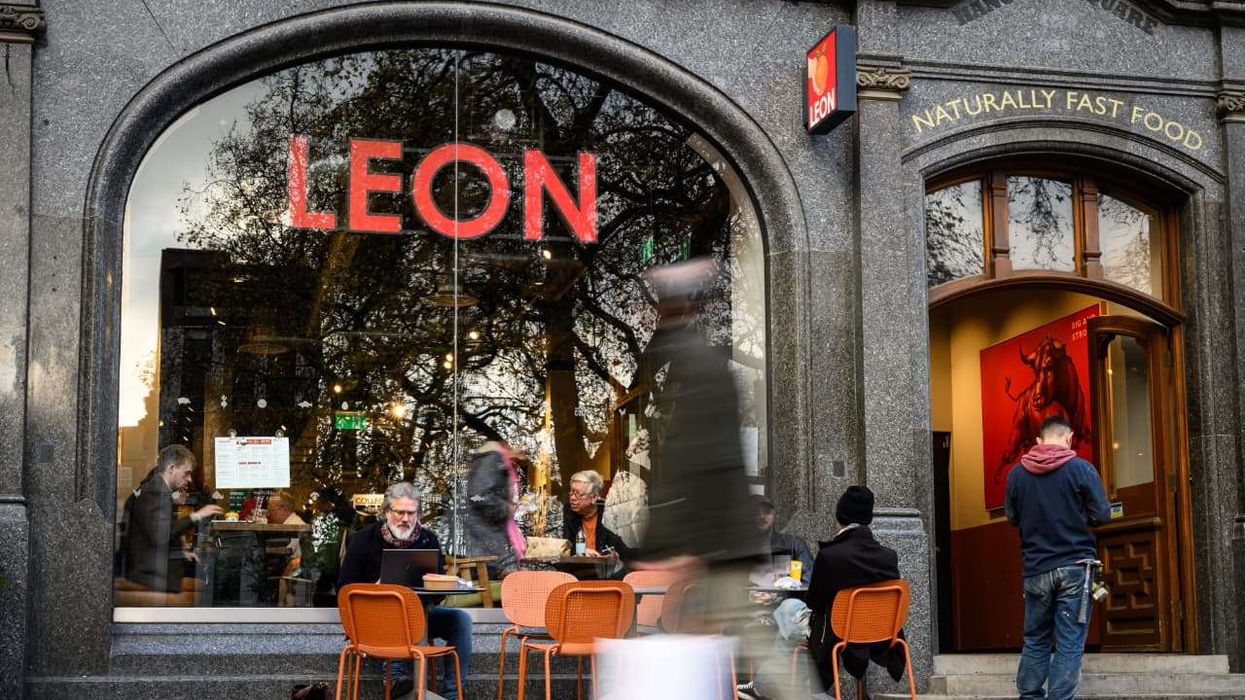By Nadeem Badshah
AN URGENT investigation is needed on why ethnic minority entrepreneurs often struggle to secure financial support to grow their firm, according to business leaders and experts.
They have expressed disappointment at the findings of a report which found that some BAME business owners are disproportionately unable to access loans, grants or investment. The study, by the Federation of Small Businesses (FSB) and Aston University in Birmingham, called on ministers to launch a scheme to improve ethnic minority access to financial help. It also found that BAME businessmen and women contributed £25 billion to the UK economy in 2018, equivalent to the economic contribution of Greater Manchester, despite being held back by barriers.
Ramesh Sharma, managing director of Media Ventures International, told Eastern Eye: “It is disappointing to see that ethnic minority businesses continue to be put at a disadvantage when trying to grow a business, despite their invaluable contribution to both society and the economy.
“To make matters worse, the coronavirus-induced uncertainty that continues to plague the economy risks accentuating the disproportionate lack of investment that ethnic minority businesses receive.
“There is work to be done by the public and private sectors. The government ought to launch an in-depth investigation into the issues raised by the FSB’s research, while investors – from banks and private equity firms through to venture capitalists and angels – must question their own practices.
“I urge all those in positions of power to acknowledge that there is a problem with funding for ethnic minority businesses, and commit to ensuring that these innovative businesses are not left at a disadvantage,” he said.
The Unlocking Opportunity report in July called for a regular national study of BAME entrepreneurship to assess trends and target business support.
One unnamed British Pakistani woman, involved in building design, told researchers: “I was told by one of my business contacts that a local official told them not to do business with me because I’m Asian”.
“In the past few years, I changed my business name which previously included my surname. I’ve found the turnaround time between enquires and securing contracts is a lot faster now than with the previous business name. I no longer receive questions about ‘where I’m from’ as I did previously.”
A British Pakistani business owner in north west England, also told researchers: “There is so much more the local council could do to let people know of the services that are out there.
“This has been a big issue during the coronavirus pandemic, with many businesses in the area not knowing what support is available to them – information is simply not accessible. We need to see more support for local advice centres and ensure they continue to be accessible for all.”
Atul Bhakta, CEO of global logistics firm One World Express, said it has been positive to see diversity become a watchword within British business over recent years but added that “statistics highlight just how far we still have to go”.
He told Eastern Eye: “I feel it is time we shone a light on the innovative, ambitious Ethnic Minority Businesses that are creating jobs and wealth here in the UK, ensuring they are not overlooked for funding that could help them take the next step in the journey.
“The UK must strive to create a truly level playing field for all entrepreneurs as they look to start and grow a business.
“A government support scheme coupled with open discussions about BAME issues within the private sector will be important steps as we look to combat the discrimination and nepotism that is holding so many back.”
Professor Sunitha Narendran, director of Roehampton Business School in London, said the report identifying barriers that continue to confront BAME firms is important and “also so very disappointing, particularly since there is an extensive amount of existing research that confirms this problem.”
She said: “There are several policy interventions and initiatives promulgated to mitigate this issue here in the UK. Why haven’t they worked? The social-psychologist in me is urging now for a focus on pinning down the processes that twist policy and well-intended interventions.
“We urgently need process-based evaluations that explain why something is not working rather than repeatedly reporting problems that seem to continue to persist. It is not enough to treat the symptoms without addressing the real issue and its complexities.”
Tiba Raja, director of Market Financial Solutions, said: “Thankfully, conversations around BAME issues have never been more prominent. So, as the UK starts its economic recovery after the damaging effects of the coronavirus pandemic, now is the opportunity for the government to establish how ethnic minority businesses can be better supported.
“We need to give ethnic minorities the confidence to aspire to and achieve great things in their careers, be it attaining a senior management position or successfully launching and scaling up a new business. To achieve this, we must focus on visibility – namely, celebrating stories of successful ethnic minority business leaders and championing their role as vital innovators, employers and contributors to the economy.”
In response to the report, a spokesperson for the Department for Business, Energy & Industry Strategy said the report highlights the vital contribution of ethnic minority entrepreneurs to the economy and to our local communities.
“We are committed to supporting business owners from all backgrounds during these challenging times.
“Our Start Up Loans programme has delivered more than 71,500 loans worth £586 million, with 20 per cent of these going to business owners from Black, Asian and Minority Ethnic backgrounds.”











